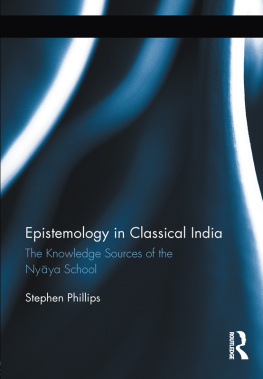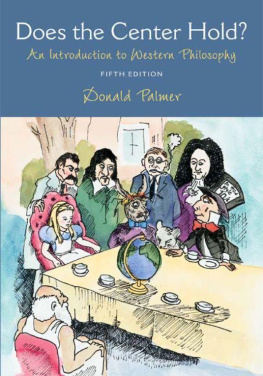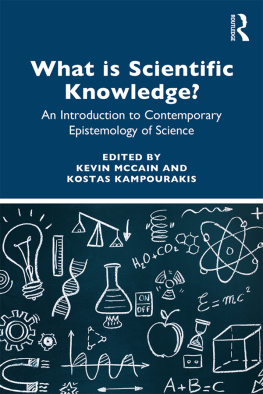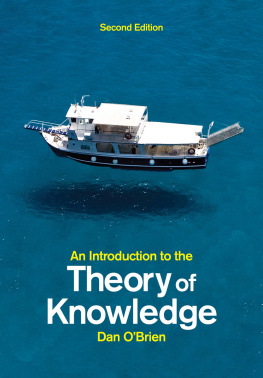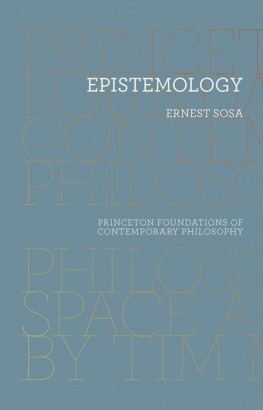REFORMING THE MUSLIM WORLD
Reforming the Muslim World
Masudul Alam Choudhury
First published in 1998 by
Kegan Paul International
This edition first published in 2010 by
Routledge
2 Park Square, Milton Park, Abingdon, Oxon, 0X14 4RN
Simultaneously published in the USA and Canada
by Routledge
270 Madison Avenue, New York, NY 10016
Routledge is an imprint of the Taylor & Francis Group, an informa business
Masudul Alam Choudhury 1998
Transferred to Digital Printing 2010
All rights reserved. No part of this book may be reprinted or reproduced or utilised in any form or by any electronic, mechanical, or other means, now known or hereafter invented, including photocopying and recording, or in any information storage or retrieval system, without permission in writing from the publishers.
British Library Cataloguing in Publication Data
A catalogue record for this book is available from the British Library
ISBN 10: 0-7103-0575-3 (hbk)
ISBN 13: 978-0-7103-0575-6 (hbk)
Publisher's Note
The publisher has gone to great lengths to ensure the quality of this reprint but points out that some imperfections in the original copies may be apparent. The publisher has made every effort to contact original copyright holders and would welcome correspondence from those they have been unable to trace.
DEDICATION
This book is dedicated in remembrance of my father, Professor Sultanul Alam Chowdhury, who passed away during his active academic service in Islamic Law and Jurisprudence at the Institute of Islamic Research, Government of Pakistan, in 1964.
TABLE OF CONTENTS
FIGURES
TABLES
ACKNOWLEDGEMENT
My thanks are to the University College of Cape Breton Research Evaluation Committee for funding the preparation of the manuscript of this book. I thank Professor Stephen Kavanagh, Dean of the School of Business at UCCB for being so very accommodative to fund many of my travels to international conferences, where some of the chapters of this book were presented as papers. My gratitudes are to the Department of Research and Development and the School of Business at UCCB to award me matching grants for preparing this book in camera ready form.
I also thank Dr Abder Rehman Zeinelabdin, Director of the Research Division at the Statistical, Economic and Social Research and Training Centre for Islamic Countries in Ankara, Turkey, for helping me out with several of the documents of the Organization of Islamic Conferences that were required in the preparation of this work. Finally, I thank the Public Relations Department of the Islamic Development Bank for providing me with their latest Annual Reports for current statistical information quoted in this book.
Masudul Alam Choudhury
FOREWORD
Masudul Alam Choudhury's Reforming the Muslim World stands within an evolving tradition of Muslim intellectuals and activists who have addressed the major issues facing the global Islamic community.
Throughout the twentieth century, Muslims, as all believers, have grappled with the realities of modernity and more specifically, with the relationship of religion to modernity. If some have at times rejected much of modernity, equating it simply with the Westernization of society, many others have pursued new paths in defining, or perhaps better redefining, the relationship of religion to modern life. In the late nineteenth and early twentieth centuries, Islamic modernism sought to bridge the gap between the conservatism of the religious establishment, the Ulama or religious scholars, and the secular liberalism of many emerging elites. Islamic modernists like Muhammad Abduh, Sayyid Ahmad Khan, and Muhammad Iqbal called for a reinterpretation or reformation of Islam. They affirmed the compatibility of religion and reason and reminded the Muslim community that reason and science were not the executive domain of Western Christendom. Islamic modernists called the community to a reawakening and renaissance to reclaim Islam's past glories: political independence and power as well as a flourishing civilization that had once been a major contributor to science and mathematics, art and architecture.
In the 1930s and 40s, a second major Islamic response occurred with the creation of the Muslim Brotherhood in Egypt and the Jamaat-i-Islami in the Indian Subcontinent. These Islamic revivalists were critical of both the conservatist Ulama and of Islamic modernists who they believed Westernized Islam in the process of trying to make Islam compatible with the West. Hassan al-Banna and Mawlana Mawdudi created the Brotherhood and Jamaat, respectively. They and their successors have combined ideology and political and social activism addressing a wide range of concerns, from the nature of the Islamic state and Islamic law to the relevance of Islam to economic and educational development.
In recent years a diverse group of Muslim scholars and intellectuals have continued to address issues of reforms from a variety of perspectives and schools of thought. Those who opt for a more secular approach, affirm the importance of religion but restrict it to personal life; others speak of the Islamization of knowledge and of Islamic economics. Yet, however different Islamic modernism, Islamic revivalism, and contemporary Islamic voices may be, they share in common recognition of the need to create a new epistemology to undergird and inform a process of reform that has roots and continuity with the Islamic tradition but also responds in new and creative ways to a rapidly changed and changing world.
Masudul Alam Choudhury in Reforming the Muslim World tackles the difficult epistemological questions that underlie any effective reconstruction of the governments and institutions of the Muslim world. Drawing on Islamic and Western sources (philosophical and socio-scientific), he critiques Western paradigms and proposes his own, a Shuratic process (an Islamic socio-scientific world view) rooted in the Islamic doctrine of Tawhid, the Unity of God. His discussion is placed not only within the context of political economic theory but also in the praxis of Malaysia and of the Organization of the Islamic Conferences.
The challenge for Muslims, as for humanity, at the dawn of the twenty-first century is to construct a post-modern age in which development is seen not only in terms of political economy but also in terms of enduring principles and values which provide a sense of meaning and purpose. Masudul Alam Choudhury's Reforming the Muslim World offers both a critique and a response, one which will challenge both Muslim and non-Muslim readers.
Professor John L. Esposito
Director, Center for Muslim-Christian Understanding
Georgetown University, Washington D. C.
INTRODUCTION
NATURE OF THE STUDY
Reforming the Muslim World is a study of the epistemological questions underlying authentic Islamic issues. Such questions must be understood, tackled and answered within the thought process and material reconstruction of a future Muslim world for its Islamic reformation. The range of reformation is thus shown to include economic, social, political and socio-scientific inquiries for realizing the common good of the Ummah, the world nation of Islam, and of the Ummah in relation to the global order today. The epistemological premise of the Unity of God as it is primordially understood and is practically applied for realizing structural transformation of the





